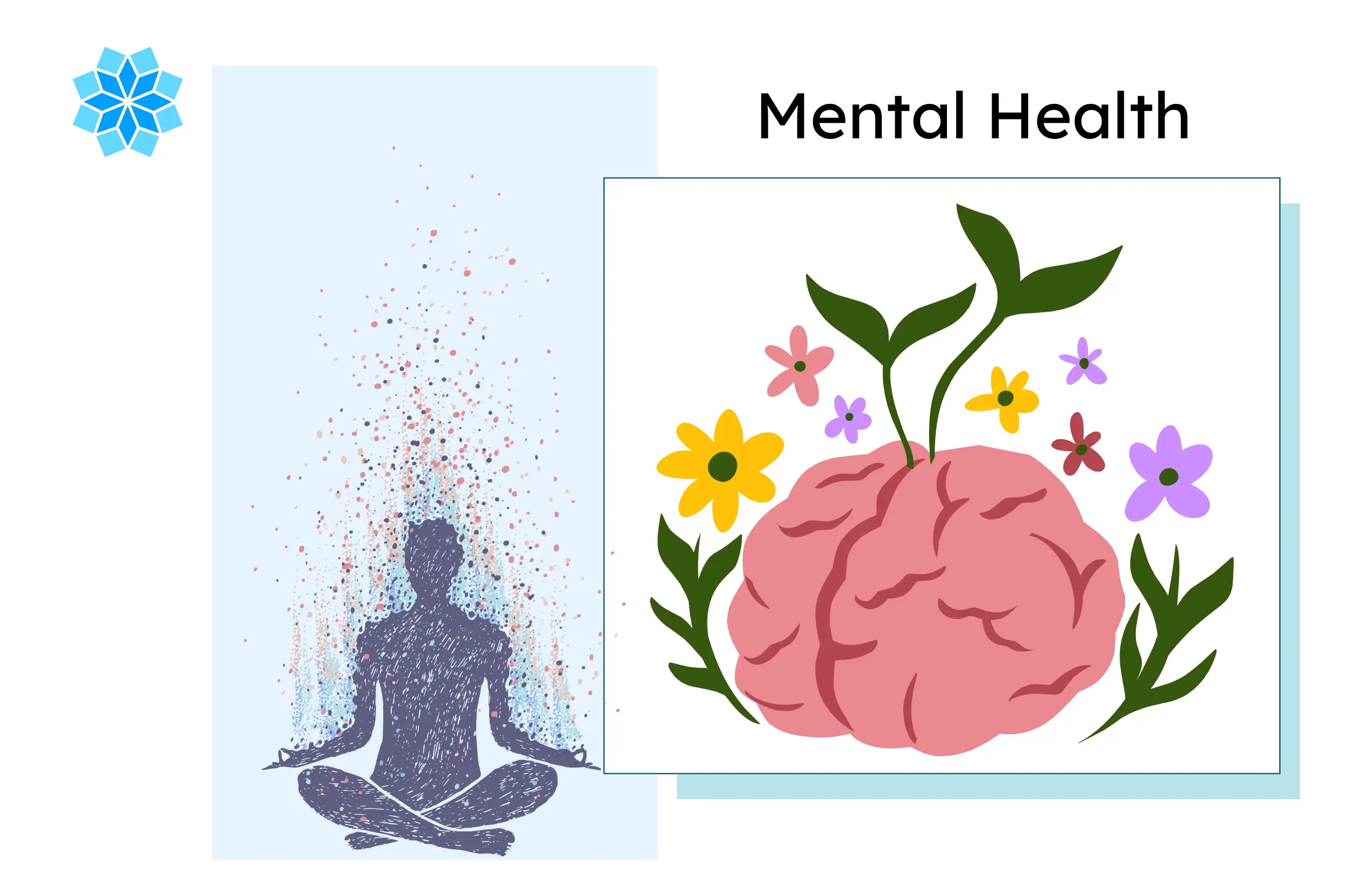The Science of Meditation: How It Transforms Your Mind and Body
In today’s fast-paced world, stress and anxiety have become a part of daily life. While modern medicine offers solutions, an ancient practice—meditation—has gained recognition for its profound impact on mental and physical well-being. Scientific research now confirms that meditation is more than just a spiritual practice; it is a powerful tool that transforms the mind and body.
How Meditation Rewires the Brain
Neuroscience has uncovered fascinating insights into how meditation affects brain structure and function. Regular meditation leads to:
- Increased Gray Matter: Studies have shown that meditation enhances gray matter density in areas associated with memory, learning, and emotional regulation.
- Stronger Neural Connections: Meditation strengthens neural pathways, improving focus, cognitive function, and decision-making skills.
- Reduced Activity in the Default Mode Network (DMN): The DMN is responsible for mind-wandering and self-referential thoughts. Meditation helps quiet this network, leading to reduced anxiety and increased mindfulness.
Physical Benefits of Meditation
Beyond the brain, meditation influences the entire body, contributing to:
- Lower Stress Levels: Meditation reduces cortisol, the stress hormone, leading to a calmer and more relaxed state.
- Improved Heart Health: By lowering blood pressure and heart rate, meditation supports cardiovascular health.
- Boosted Immune System: Research suggests that meditation enhances immune function, making the body more resilient to illness.
- Better Sleep: Meditation promotes deep relaxation, helping individuals fall asleep faster and enjoy more restorative sleep cycles.
The Psychological Impact of Meditation
Regular meditation fosters emotional balance, helping individuals manage emotions effectively. It has been linked to:
- Reduced Anxiety and Depression: Mindfulness meditation is often used as a therapeutic tool to alleviate symptoms of anxiety and depression.
- Enhanced Emotional Resilience: Practicing meditation helps individuals respond to challenges with greater patience and clarity.
- Increased Happiness and Well-being: Meditation boosts levels of serotonin and dopamine, neurotransmitters linked to happiness and contentment.
Getting Started with Meditation
If you’re new to meditation, start with these simple steps:
- Find a Quiet Space: Choose a calm environment where you won’t be disturbed.
- Set a Time Limit: Begin with just 5–10 minutes and gradually increase.
- Focus on Your Breath: Pay attention to each inhale and exhale, bringing your mind back whenever it wanders.
- Try Guided Meditation: Use apps or platforms like Heal Mind Body to access guided meditation sessions.
- Be Consistent: Make meditation a daily habit for long-term benefits.
Conclusion
Meditation is a science-backed practice that enhances mental clarity, emotional stability, and physical health. Whether you seek stress relief, improved focus, or overall well-being, integrating meditation into your daily routine can be life-changing.
At Heal Mind Body, we provide a vast meditation library and AI-powered tools to personalize your experience. Start your meditation journey today and discover the power of mindfulness!
